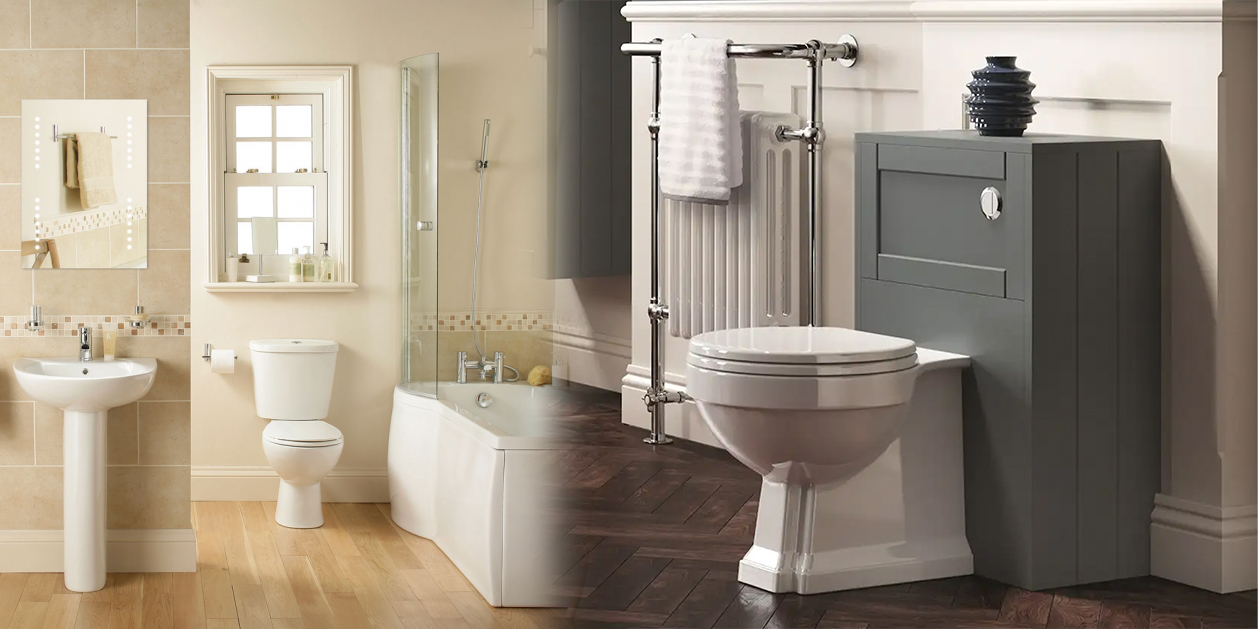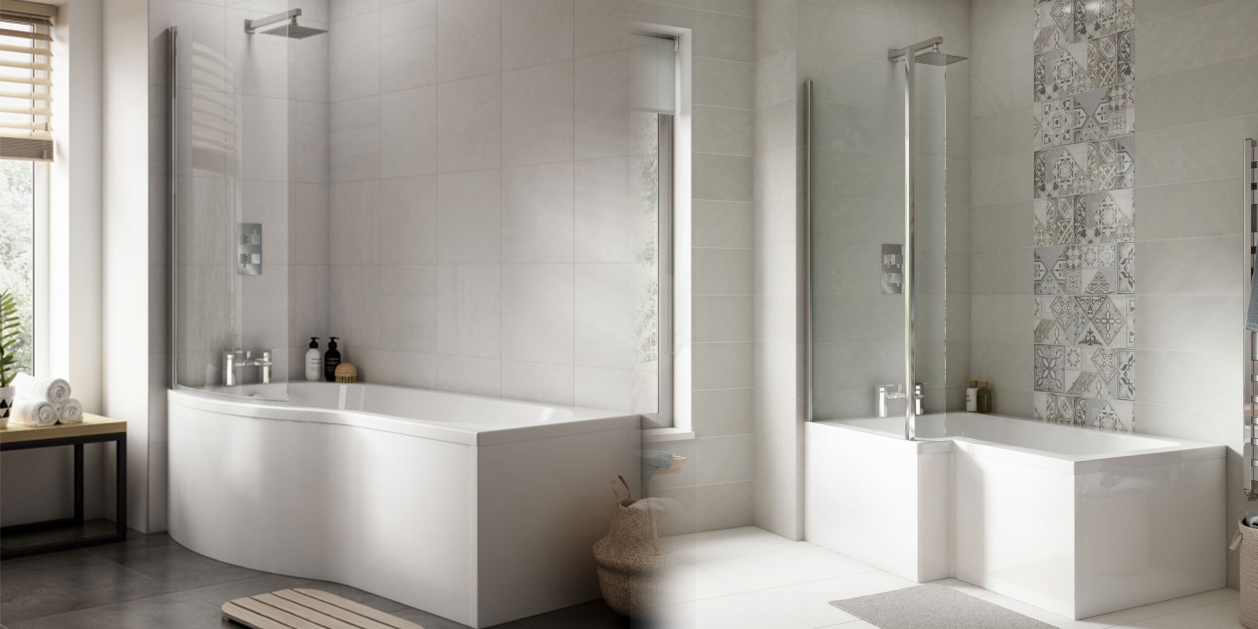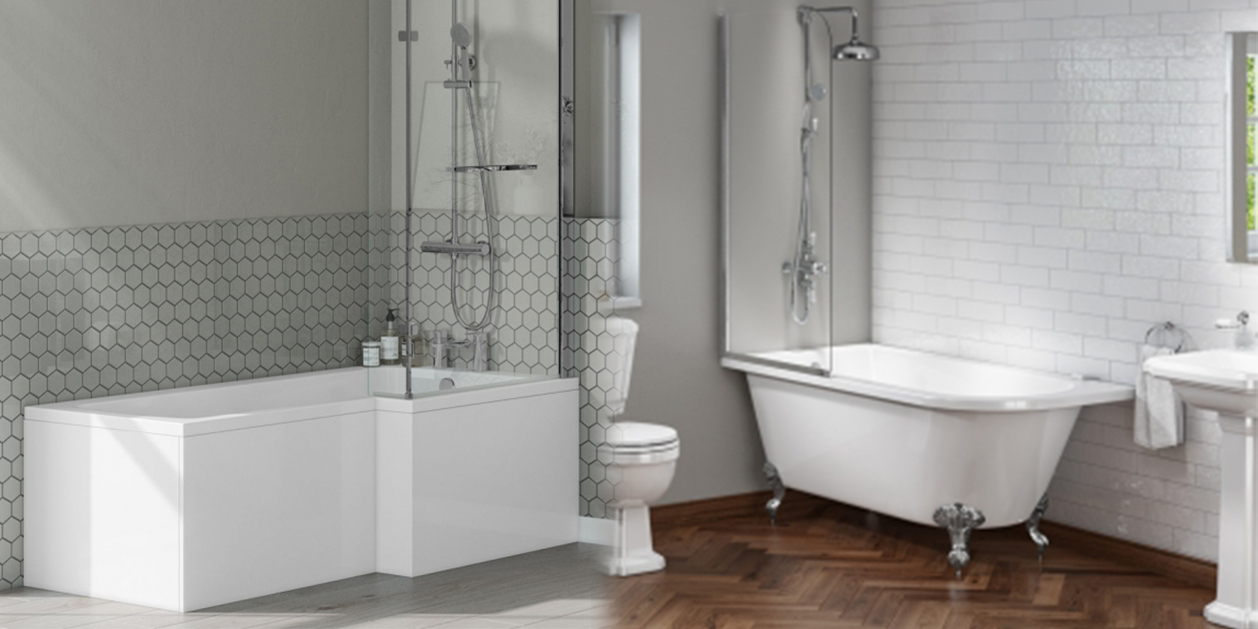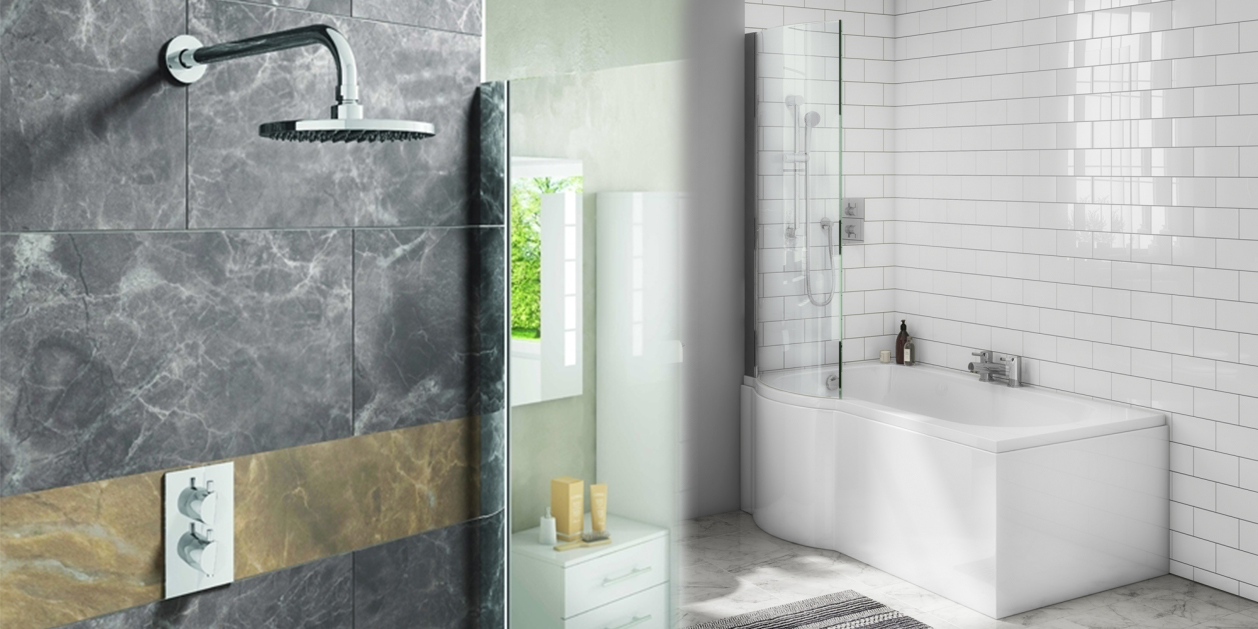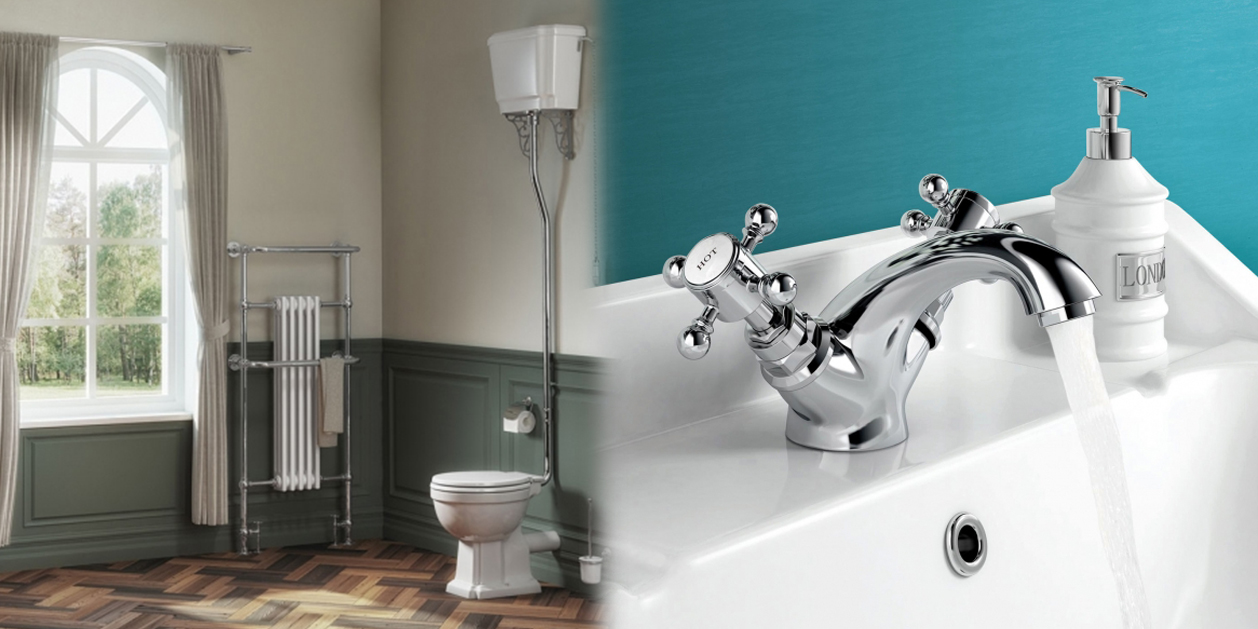To provide you with the best experience, we use cookies to personalise content, bring you relevant ads and analyse data. For further info, see our privacy policy.
Finding the Perfect Mix
Finding the Perfect Mix - Bathroom DIY
When thinking about installing or re-designing your personal shower system, there are many considerations to be had and choices to be made. Namely, which type of heated water system you have or want to install, which showering accessories you’d like it to include, which valve would compliment this choice, and where you want it TMV certified – and that’s even before you’ve started looking at designs. So let’s have a look at these choices first, and leave the design choice up to you.
When thinking about installing or re-designing your personal shower system, there are many considerations to be had and choices to be made. Namely, which type of heated water system you have or want to install, which showering accessories you’d like it to include, which valve would compliment this choice, and where you want it TMV certified – and that’s even before you’ve started looking at designs. So let’s have a look at these choices first, and leave the design choice up to you.
Type
The first consideration you need to think about is: What type of heated water system are you using/want to use? There are three main types of heated water systems:
- Gravity fed hot water systems is the traditional set up installed in a lot houses in the UK, and consists of a cold water storage tank, and a hot water cylinder in a storage/airing cupboard.
- High pressure systems are combi boilers or instantaneous gas water heater systems – which are being increasingly used across the UK, and are usually wall-mounted or flood standing.
- Unvented systems have hot water stored in a large cylinder, under pressure.
Usually, components, such as valves, are universal and will work will all types of hot water systems – however there are some that aren’t – so it’s always best to find out, first, what type of system you have, or want to use it.
Shower Accessories
The next choice you should be looking at is how many showering accessories you would like to use. There are many options available, and normally you should pick one or two:
- Fixed Head – A static showering head that is usually the main accessory.
- Removable Handset – A handset that has a fixed position, but can be removed from the attachment for free hand use.
- Slide Rail Kit – A handset attached to an adjustable slider to move up and down a rail at ease for necessity.
- Body Jets – Jets fixed at certain positions to offer a flow of water from a different angle
- Rainbar – A bar with several water holes that oscillate ensuring they reach every part of you.
The Valves
Once you have decided which, and how many, shower accessories you want/need – you can choose the valve you want. Again, there are many choices with these, and on top of the below ones, you would also need to choose whether you want the valve concealed or exposed:
- Twin Valve: Operating one shower accessory, there are separate controls for temperature and flow
- Twin Valve with Diverter: Operating two shower accessories, with separate controls for temperature and flow.
- Triple Valve: Operating two shower accessories, with controls for temperature, and flow.
- Triple Valve with Outlet: Operates one shower accessory, with controls for temperature and flow
- Dual Valve: Operating one shower accessory – with controls for temperature and flow
- Sequential Valve: Operating one shower accessory – there is one control that controls both temperature and flow.
- Bar Valve: Operating one shower accessory – separate controls for flow and temperature.
- Manual Valve: Operating one shower accessory – there is one control that controls both temperature and flow.
- Remote Control: Choose preferred settings for temperature and flow via a remote control.
TMV Certification
There are two types of TMV approval/certification:
- TMV2 Certified valves maintain temperatures even if the water pressure fluctuates when other appliances use water around the house – thus preventing the risk of domestic hot water scalding.
- TMV3 Certified valves are engineered to a higher standard, so that they meet the guidelines for use in public showering facilities – like at schools or hospitals. They significantly reduce the risk of cladding occurring anywhere that hot water is delivered through mixing valves.


Conclusion
Once you have decided on these options – you are ready to look for your shower system. Remember compatibility is the most important ingredient in your shower system. If your shower system is 0.1 bar pressure, then look for low pressure options. Thankfully, if you don’t have all the answers, or would like some assistance, our staff are more than willing to talk you through the process, so why not give us a call on 0844 8112 321.







